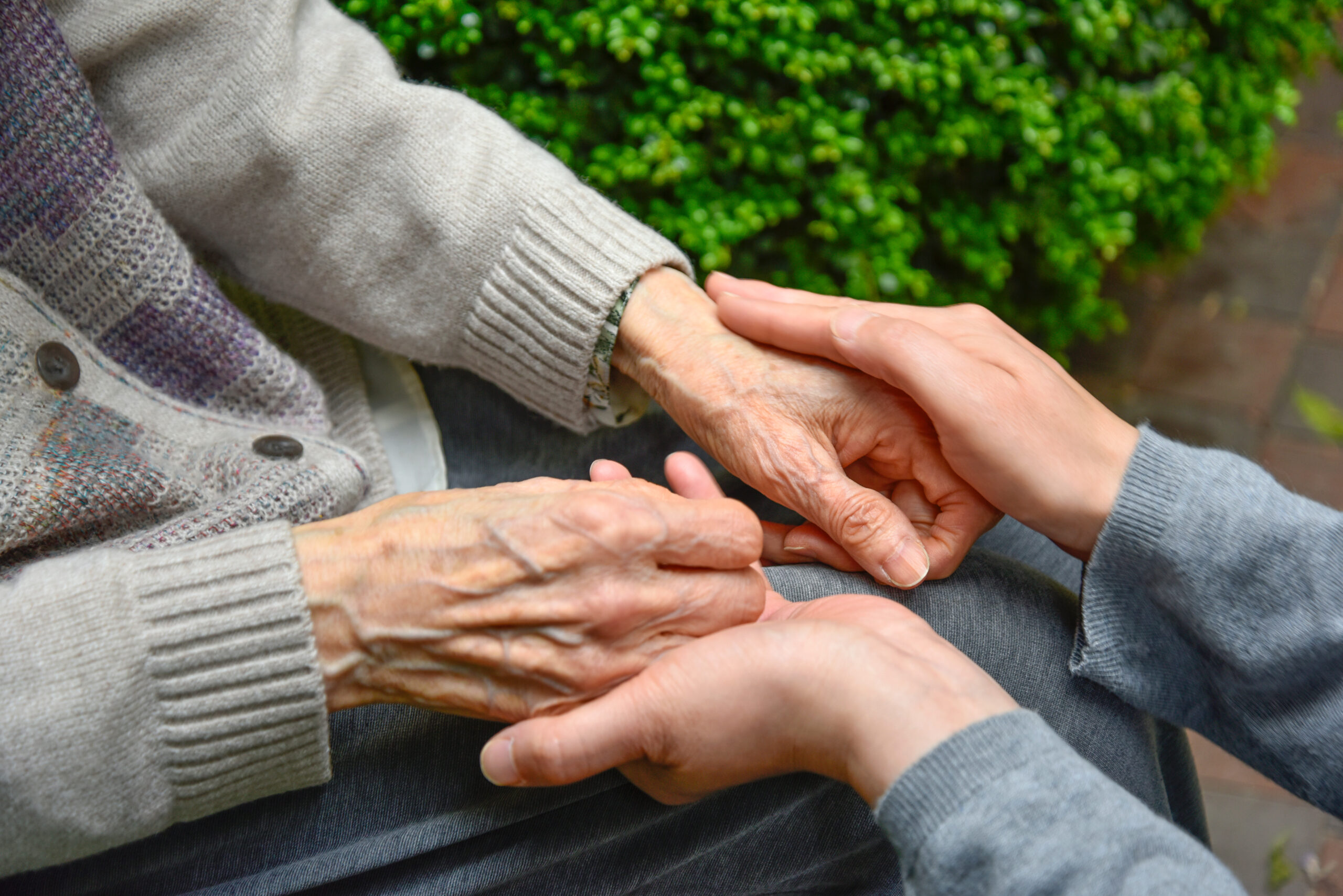What Is the Risk of Osteoporosis After Menopause
As women go through menopause, their bodies undergo significant changes that can affect their overall health, particularly their bone health. One of the major concerns during this period is the increased risk of osteoporosis, a condition characterized by weak and brittle bones. Osteoporosis can lead to fractures, even from minor falls or bumps, which can significantly impact a woman’s quality of life.
The primary reason for this increased risk is the decline in estrogen levels during menopause. Estrogen plays a crucial role in maintaining bone density by slowing down bone breakdown, supporting calcium absorption, and promoting the activity of bone-building cells. When estrogen levels drop, bones become more porous and fragile, making them prone to fractures.
Several factors can increase a woman’s risk of developing osteoporosis after menopause. These include early menopause (before the age of 45), a family history of osteoporosis or fractures, having a low body weight or small frame, poor intake of calcium and vitamin D, smoking or excessive alcohol use, and certain medications or chronic conditions like autoimmune disorders or thyroid disease.
Fortunately, there are steps women can take to protect their bones during menopause. Engaging in regular weight-bearing exercises such as walking, hiking, dancing, strength training, or yoga can help improve balance, strengthen muscles, and slow down bone loss. A diet rich in calcium and vitamin D is also essential for maintaining strong bones. Foods high in calcium include dairy products, leafy greens, almonds, tofu, and canned salmon with bones.
In addition to lifestyle changes, medical treatments are available for women who are at a higher risk of osteoporosis. These treatments can help maintain bone density and reduce the risk of fractures. It’s important for women to consult with their healthcare providers to discuss the best strategies for their individual needs.
Overall, while the risk of osteoporosis increases after menopause, it is not inevitable. By understanding the risks and taking proactive steps to maintain bone health, women can reduce their likelihood of developing osteoporosis and enjoy a healthier life during and after menopause.





